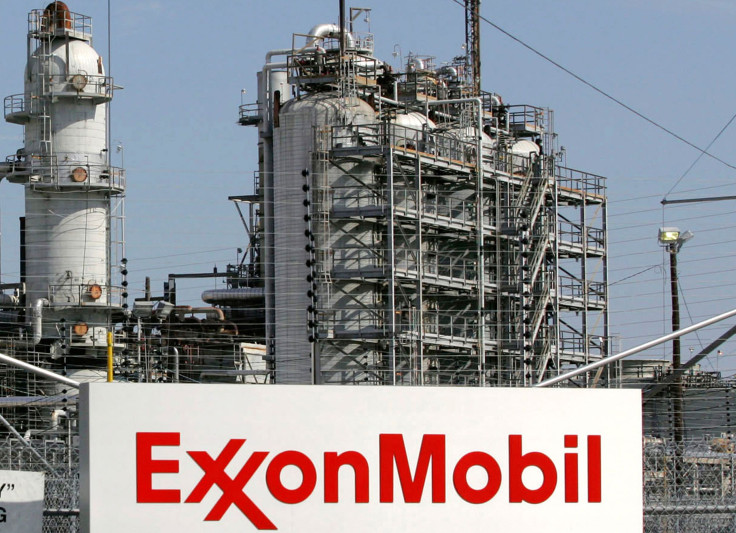West's Oil Giants Likely To Shrug Off Sanctions Against Putin Ally And Rosneft CEO

The world’s biggest energy companies' close ties to Russian oil giant OAO Rosneft are being strained by the Ukraine crisis but will likely survive the West’s latest sanctions against the firm’s president, Putin ally Igor Sechin.
British oil company BP (NYSE:BP), Royal Dutch Shell (NYSE: RDS.A) and ExxonMobil (NYSE:XOM) all have significant stakes in Rosneft, the world’s largest publicly traded oil company in terms of barrels produced. They are trying to assure shareholders that relations will not crumble and analysts are optimistic that operations will keep moving forward, given that there is no prohibition against U.S. companies doing business with Rosneft.
“What might be happening is that the head of Rosneft will step down and there will be another person not sanctioned that will take over, so they can continue doing business as usual,” Sergei Millian, president of the New York-based non-profit Russian-American Chamber of Commerce, told The International Business Times on Tuesday.
“Business is quite independent from politics, so they can make their own decisions,” Millian said. “They have to observe laws of their land, but they can make their own decisions of what to do, what will be good for business. If [Americans] feel they should work with Russia, they can.”
Rosneft issued a statement Monday to “shareholders and partners, including those in America,” that the sanction against Sechin will not hurt cooperation. Sechin himself said in a statement, “Our cooperation will not suffer.”
U.S. sanctions imposed Monday restrict seven people, including Sechin, and 17 companies linked to allies of Putin from conducting business with U.S. companies, and the assets of the individuals that are within American jurisdiction are frozen. It is not known whether Sechin has assets in the U.S., and Rosneft was not included on the list of companies. The European Union responded Tuesday by sanctioning more individuals, including Russian Deputy Premier Dmitry Kozak and other pro-Russian separatist leaders, to a list of people facing asset freezes.
The sanctions are intended to pressure Russia to rein in Moscow-supported pro-Russian separatists causing mayhem in eastern Ukraine. The new Ukrainian government, under orders to pay down a $18.5 billion debt to Russian gas company Gazprom, faces a shutoff of deliveries after May 7.
BP owns a nearly 20 percent share in Rosneft, and its CEO Bob Dudley, who is an American, sits on Rosneft’s board. On Tuesday, it said it remains committed to Russia despite the sanctions against Sechin, who is considered one of Russia’s most powerful men and is close enough to Dudley that they text each other.
Toby Odone, a spokesman for BP, said in a statement after the U.S. sanctions announced Monday that the company was “committed to our investment in Rosneft, and we intend to remain a successful long-term investor in Russia.”
After announcing a 24 percent drop in first-quarter earnings Tuesday, Dudley told investors, “We’re doing the things we said we’re going to do in terms of generating better value for our shareholders.”
Shell also said Monday that it remains committed to its long-term Russian investments, and a spokesman for Exxon said that as of April 25 the company’s plans to begin drilling in the Russian Arctic this August have not changed.
Exxon and Rosneft have planned a $600 million project the size of Moscow in the Kara Sea that’s expected to yield a trove of oil worth more than $900 billion at current prices.
Tim Boersma, fellow in the Energy Security Initiative at the Washington-based Brookings Institution, said Tuesday that the U.S. and European Union’s latest sanctions are generating a lot of noise but they’re not much more than talk.
“It’s a small step, showing both the U.S. and the E.U. are not really willing to bite the bullet. The costs for Europe are going to be equally high and therefore they’re not willing to do it. All the bold statements are not much more than that. It’s not fair to the public and not fair to the people in Eastern Europe,” Boersma said.
© Copyright IBTimes 2024. All rights reserved.












